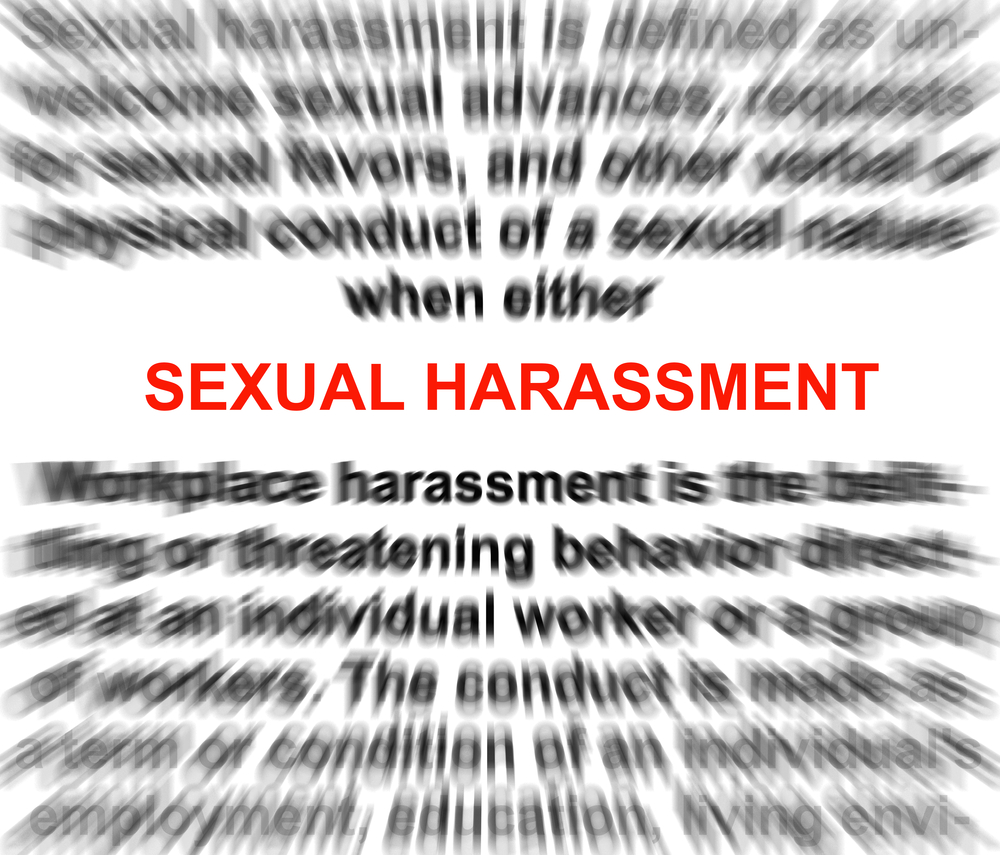Everyone deserves to work in an environment free of harassment. Unfortunately, this doesn’t always happen. Studies conducted over the years show thousands of people, and one-third of women, have been sexually assaulted or harassed in the workplace. Thankfully, a sexual harassment lawyer can help you pursue justice and compensation for this.
What Counts as Sexual Harassment in the Workplace?
Different people have different views on what counts as harassment. Some people consider comments fine, but they consider all forms of unwarranted touching harassment. Other people deem comments a form of harassment, too. It’s further complicated by the relationship between you and the person who harassed you.
You may have a close relationship with one co-worker who you’d feel comfortable exchanging satirical sexual comments with. However, a comment from another co-worker you don’t know as well feels unwelcome, uncomfortable, and a lot like harassment. Thankfully, the EEOC has a clear definition of sexual harassment that Kansas City sexual harassment lawyers will always abide by when taking on your case.
How Do You Prove Sexual Harassment in the Workplace?
You have the right to report sexual harassment to human resources at any time. The other party may consider their comment entirely innocent, but if it made you feel uncomfortable or unsafe at work, then it’s well within your right to report it. Having evidence that you reported this within your workplace can help build your case as you start working with a sexual harassment attorney.
Inappropriate text messages, emails, or written notes can also serve as evidence of sexual harassment in the workplace. Witnesses who’ve seen a co-worker or employer making comments and sexual advances or touching you inappropriately can also serve as evidence.
Should You Contact a Sexual Harassment Lawyer If You’ve Been Sexually Harassed in the Workplace?
First of all, you should speak to the person who’s making you feel uncomfortable in the workplace. Tell them you feel what they’re doing is sexual harassment. Sometimes they may not realize how uncomfortable they’re making you. You may come from different backgrounds or have differing views of what’s appropriate to talk or joke about with co-workers. Unfortunately, if they don’t stop or brush you off, then you have to go over their head.
Report the employee to human resources. If you lack an HR department, then go to your manager or supervisor. If you report sexual harassment to HR but there’s nothing done about it, then you can go ahead and contact a sexual harassment attorney. Show them that you reported this within your workplace, tell them that you’ve asked the person in question to stop, and provide them with as many details as possible to help them start building your case.
What Happens When I Start Working with a Sexual Harassment Attorney?
Your attorney will advise you to contact the Federal Equal Employment Commission and file a formal claim. They can help walk you through this process so you ensure it’s done correctly. The Federal Equal Employment Commission will then go to your employer in an attempt to address your claim. If they can come to no resolution, then they’ll provide you with a letter stating your right to sue.
Can I Sue My Employer for Refusing to Stop Sexual Harassment in the Workplace?
Yes, you can file a lawsuit stating a person won’t stop harassing you in the workplace, and your employer refused to step in. That can prevent the situation from occurring in the future. Therefore, it’s always worth going through the stress of taking legal action against a workplace that isn’t protecting its employees from sexual harassment.
What Compensation Can I Win?
Feeling justice has been served is sometimes enough for people who are suing for sexual harassment. However, you’re entitled to financial compensation. You can sue for emotional distress, and you may also be entitled to compensation based on loss of income due to you having to leave your job and find another one. The amount and type of compensation you can receive will vary depending on the severity of the harassment or assault that occurred.
What If the Person Harassing Me Is My Boss?
The same protocols apply if the person harassing you is your boss. Human resources can work to take action against your boss, but if they don’t, then filing a claim and obtaining a right to sue follows the same process as it would with any other co-worker. It doesn’t matter how powerful the harasser is within your company.
Sexual harassment attorneys are always ready to fight your corner if your place of employment isn’t doing anything to put an end to harassment in the workplace. You deserve compensation for what you’ve been through, and all your co-workers and future employees of the company deserve to feel safe while doing their jobs, too.



